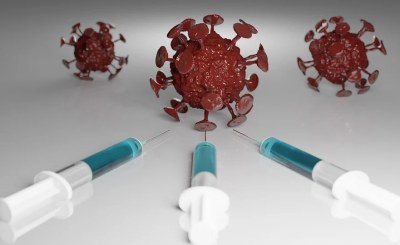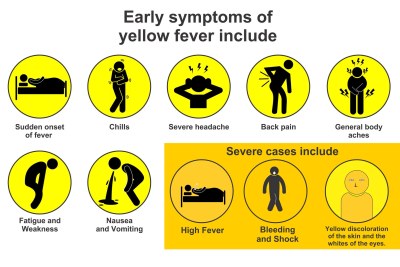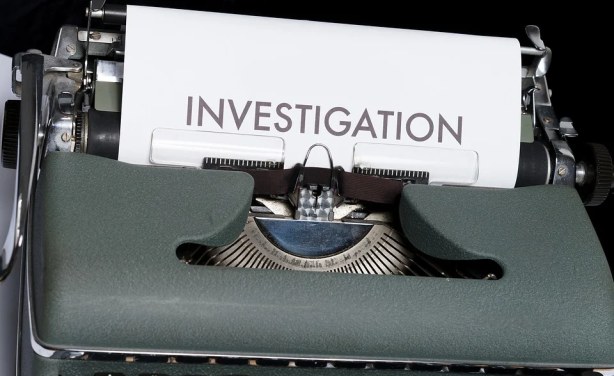-
Nigeria: Inside the Shady, Unhealthy Yellow Fever Vaccine Business in Nigeria
Premium Times, 31 March 2021
Unscrupulous business people are selling vaccines in controvesial circumstances and without complying with NAFDAC guidelines. Read more »
-
Nigeria: Yellow Fever - Experts Urge Bauchi, Others to Be Proactive in Fighting Disease
Vanguard, 11 January 2021
The scourge of Yellow Fever has become a reccuring event in Bauchi state. As recent as November 2020, an outbreak of the disease claimed eight lives in Ganjuwa local government… Read more »
-
Nigeria: Superstition, Ill-Equipped PHCs Threatened Yellow Fever Vaccination in Enugu, Delta
Premium Times, 20 January 2021
Yellow Fever is again becoming endemic in Nigeria due to vaccine resistance and low vaccine storage capacity at the country's primary healthcare centres Read more »
-
Nigeria: Covid-19, Yellow Fever, Lassa Fever, Three Other Infectious Diseases Nigeria Battled in 2020
Premium Times, 13 January 2021
While some of the infectious diseases got worse in 2020 compared to previous years, others were better managed. Read more »
Shady Side of Yellow Fever Vaccines Exposed in Nigeria
Premium Times' Ebuka Onyeji investigates why the scarcity of yellow fever vaccines occurred in the areas where they were most needed in Nigeria and how business people cashed in on the situation, neglecting health and ethical concerns. Two months of the investigation confirmed that private vaccine dealers connived with government health officials to sell the jabs to desperate citizens. Yellow cards are issued after immunisation at a government hospital and are validated with a signature and stamp from the port health authority. But desperate travellers are using fake Yellow cards obtained from corrupt airport officials to bypass the travel requirement, thereby increasing the risk of the epidemic-prone disease spreading to other countries. The investigation also detailed how superstition leading to vaccine resistance, poor vaccine storage, and irregular power supply in primary health centres contributed to yellow fever, which is vaccine-preventable, remaining endemic in Nigeria. The yellow fever vaccination was introduced in Nigeria in 2004 as one of the vaccines expected to be given free to children during routine immunisation. In spite of this, the country is still witnessing recurrent outbreaks of the disease. Yellow fever is an acute viral hemorrhagic disease, transmitted by infected mosquitoes.
InFocus
-
While combating multiple public health challenges, including the COVID-19 pandemic, the government, with the support of the WHO and other partners, has re-launched mass yellow fe Read more »
-
The Nigeria Centre for Disease Control says the increasingly regular occurrence of yellow fever outbreaks is largely because many people are unvaccinated because availability of ... Read more »




